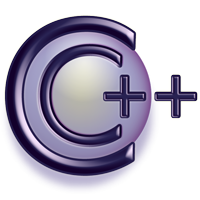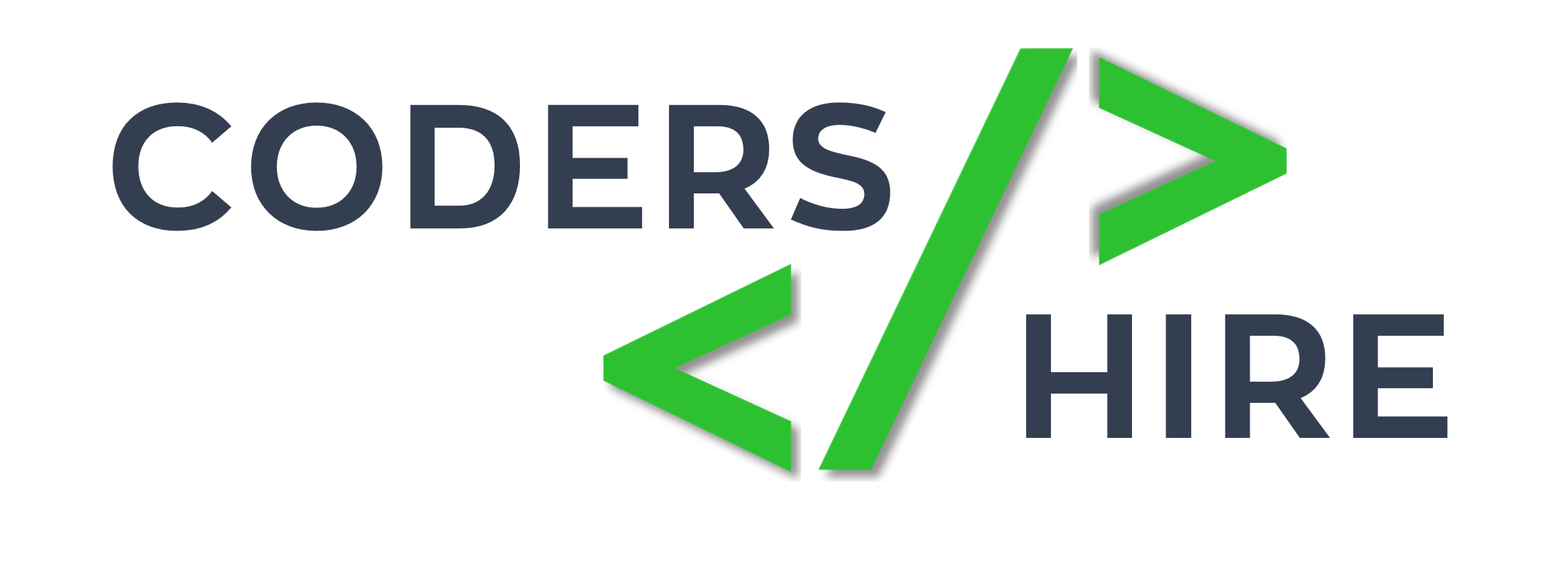About C/C++
C is a high-level programming language that was developed in the mid-1970s. It was originally used for writing Unix programs, but is now used to write applications for nearly every available platform. Compared to most previous languages, C is easier to read, more flexible (can be used for a wide variety of purposes), and more efficient at using memory. C++, pronounced “C plus plus,” is a programming language that was built off the C language. The syntax of C++ is nearly identical to C, but it has object-oriented features, which allow the programmer to create objects within the code. This makes programming easier, more efficient, and some would even say, more fun. Because of the power and flexibility of the language, most software programs today are written in C++.


Key Differences between C and C++
There are several misconceptions that prevail among developers regarding the programming languages, C and C++.The most common is that C++ is an advanced C and one should have in-depth understanding of the latter language before moving to the former one. The major difference between C and C++ is that C is a procedural programming language and does not support classes and objects, while C++ is a combination of both procedural and object oriented programming language; therefore C++ can be called a hybrid language.
